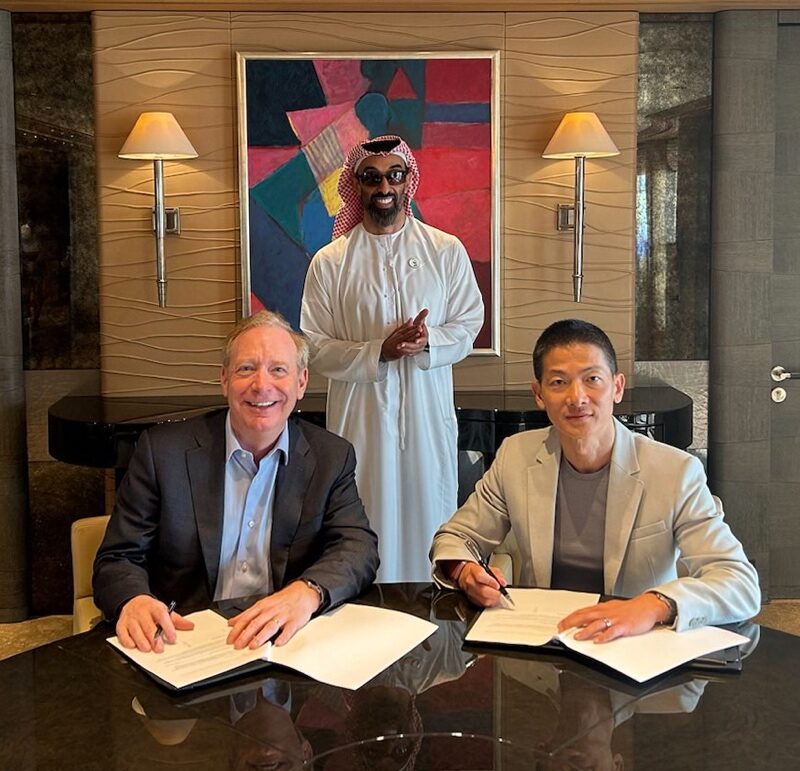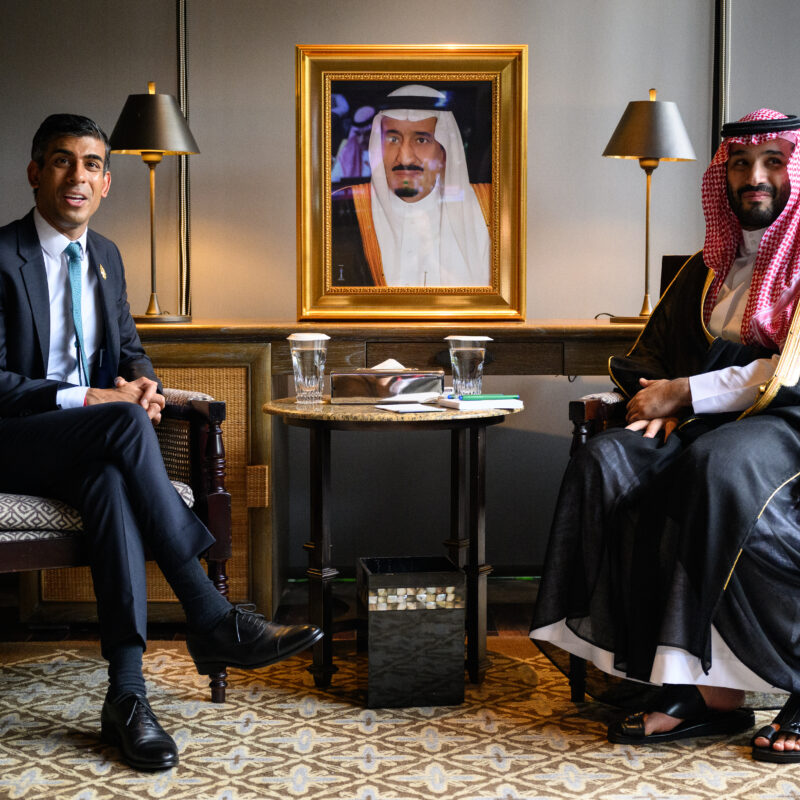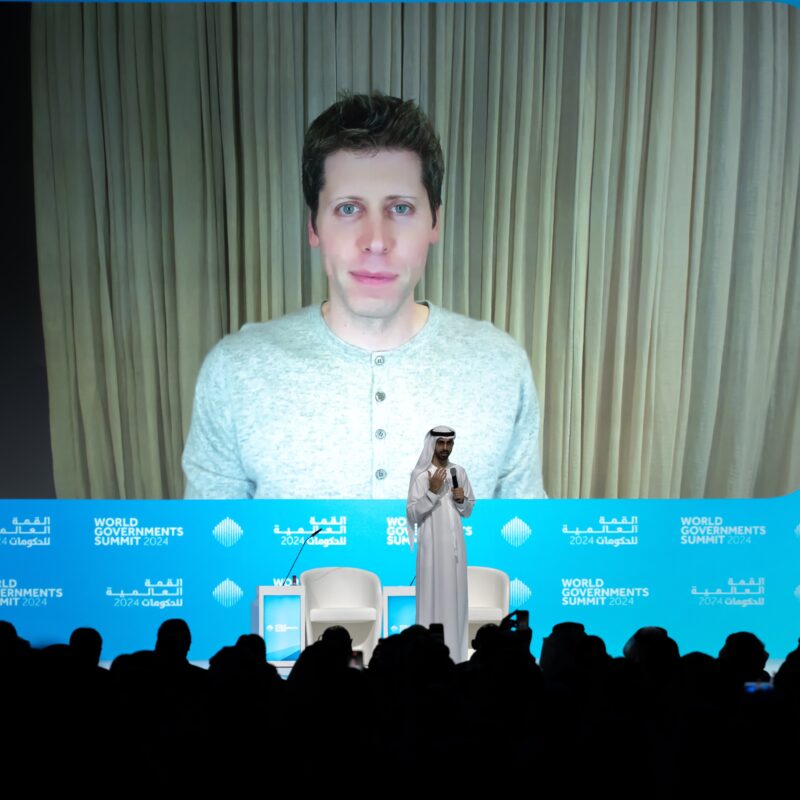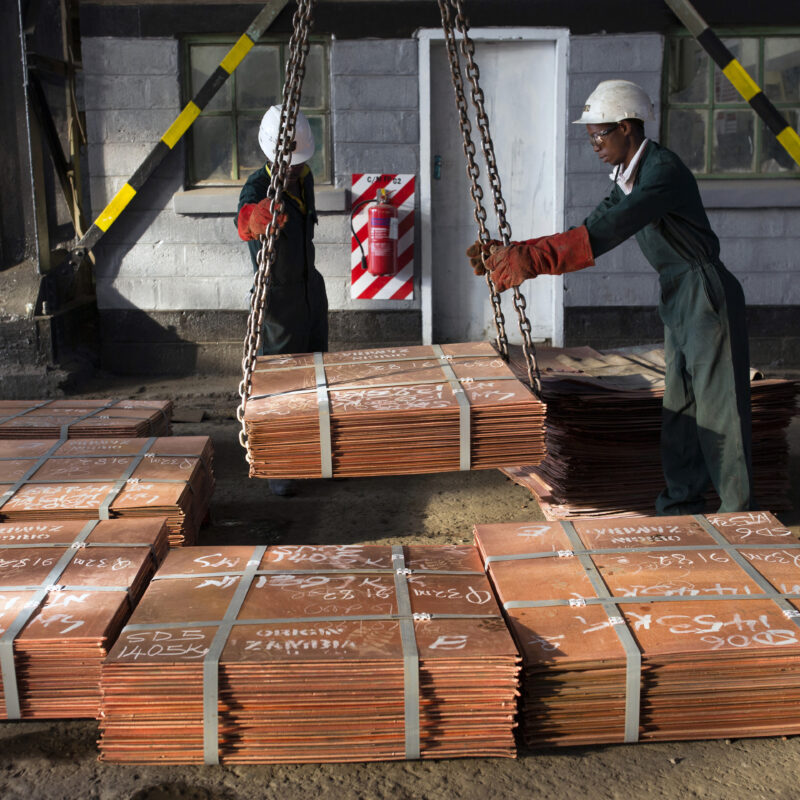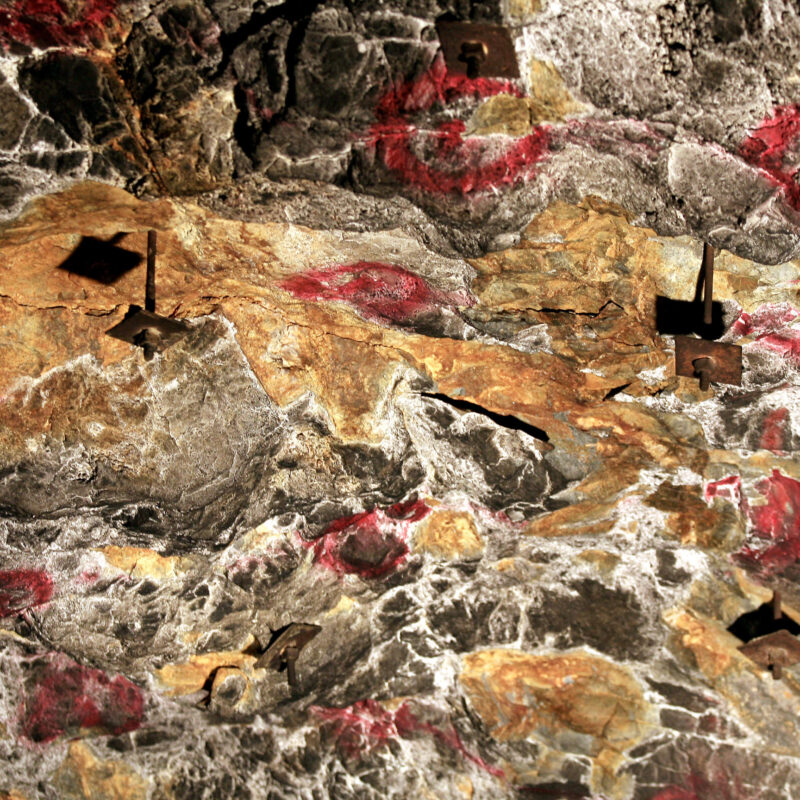Sizzling Middle East offers laboratory for desert start-ups
DeserTech report finds more than 300 Israeli companies in the field that are looking to raise funds for products that address environmental challenges
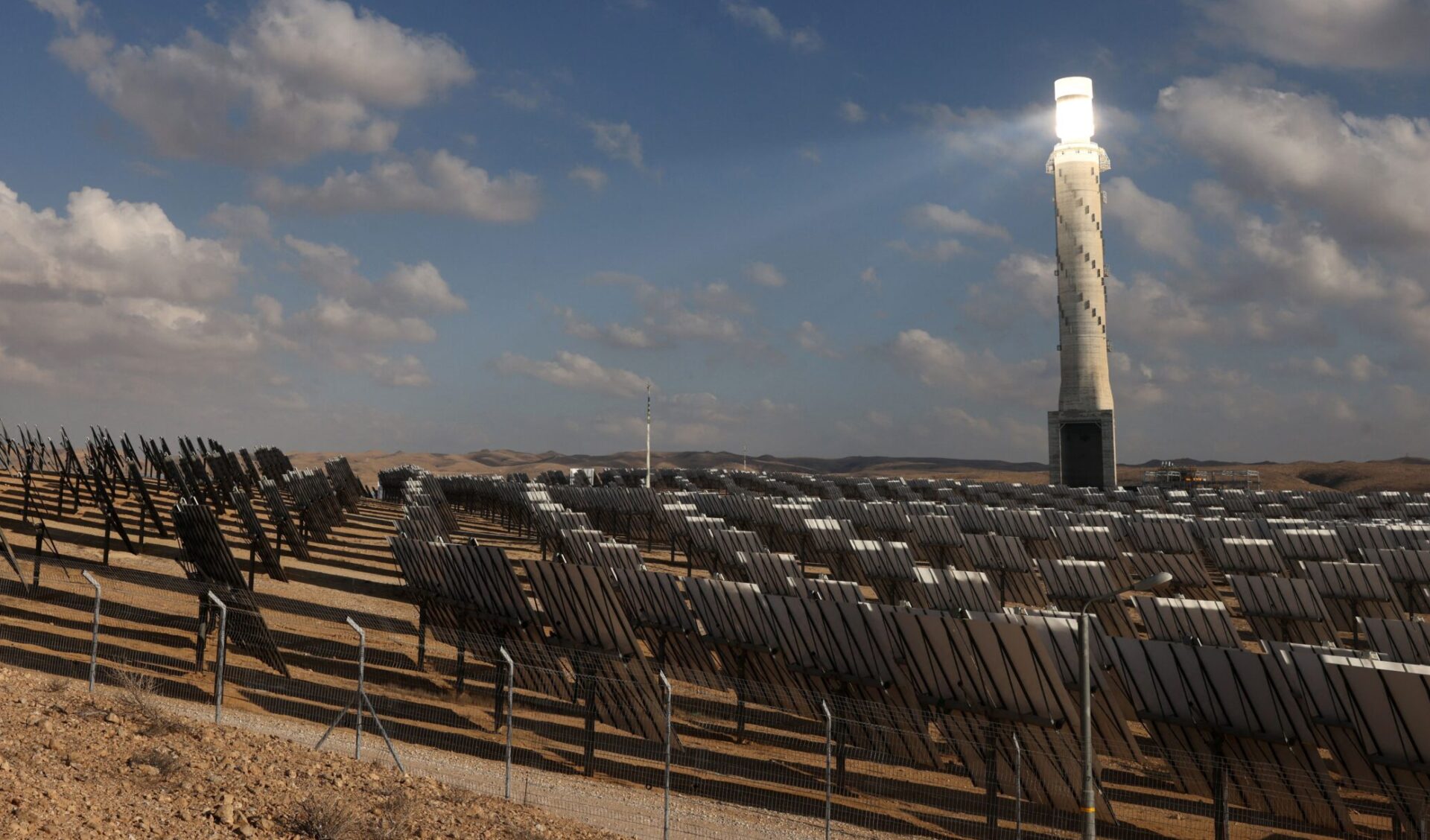
Emmanuel Dunand/AFP via Getty Images
The solar tower of Israel's Ashalim power station is surrounded by more than 50,000 mirrors.
Global warming, vanishing rivers and sun-pulverized soil afflict the Middle East and North Africa with cruel and growing strength. Before they further degrade the planet, though, these forces represent an opportunity for scientists and businesses in the region to develop responses that may slow the environmental damage or, at least, help humans to adapt.
The prospect of mitigating climate change has spawned an emerging industry of startups in Israel that include companies such as WaterGen, which can produce enormous quantities of fresh water from the barest level of humidity in the air, and Nostromo Energy, which uses surplus electric power during periods of excess to store cold thermal energy, which is then used for cooling during peak hours.
A report released last week found more than 300 Israeli businesses developing products and trying to raise money in fields ranging from crop protection, solar power and smart irrigation to creating energy-efficient construction materials and novel desert-grown foods. It notes that some 2 billion people live in deserts or extremely arid climates, and asserts that Israel is one of the few countries that has developed effective technologies for reversing the impact of desertification.
Many of the Israeli start-ups are looking for partners in the Gulf, Israeli trade officials say. One of the drivers for the 2020 Abraham Accords, which Israel signed with the United Arab Emirates, Bahrain, Morocco and Sudan, was the understanding that the region’s punishing heat and environmental damage is a shared problem that could benefit from cooperative solutions.
The study was produced by the DeserTech Climate Technologies Community, a group with anchors in business, government and academia, that seeks to promote Israel’s Negev desert and main city of Beersheva as a hub for research and industry, according to a press release. It was produced in collaboration with Start-Up Nation Central, a Tel Aviv-based organization promoting young Israeli technology companies, and sponsored by the Merage Foundation Israel, the Israel Innovation Institute, the Ministry of Environmental Protection and the Ben-Gurion University of the Negev.
Among the products that Israeli companies have developed in response to desertification are technologies for adapting crops to arid climates, production and purification of water suitable for drinking and agriculture, and management of water delivery systems to remote arid areas, according to the report.
The project aims to position Israel and, particularly the Negev region, as “an international hub for adapting technologies and as the site that will pioneer the connection between entrepreneurs, investors, industry, researchers and policy makers to overcome the challenges of desertification,” DesertTech Community Director Sivan Cohen Shachari said in the release.
